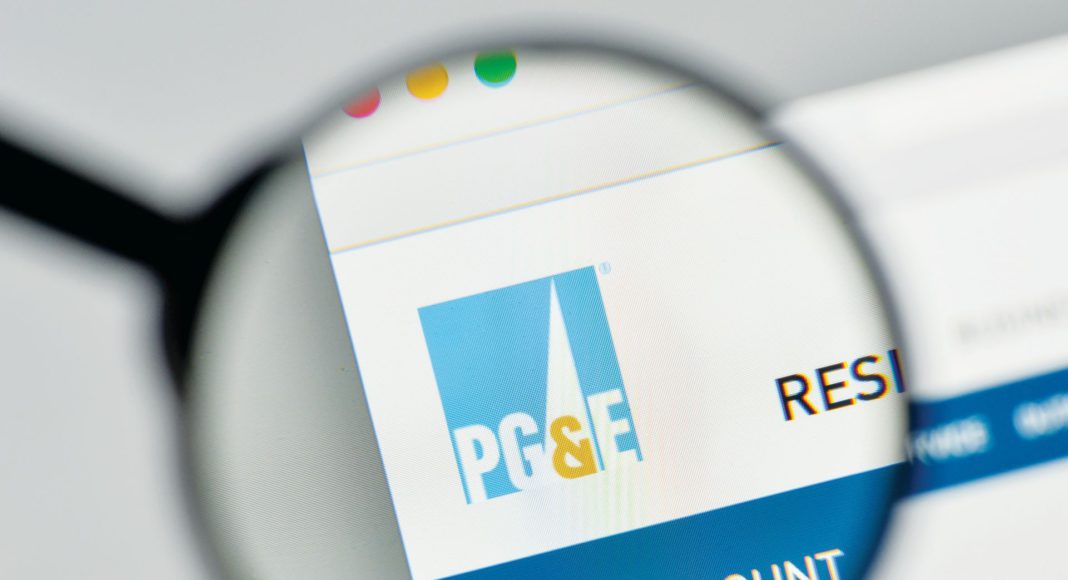PG&E is raising the alarm about a seemingly ever-present danger that locals continue to face and has nothing to do with arcing, downed wires or electricity surges.
The power company says it counted 43,000 customers being fleeced across California in 2023—for a total take of $875,000.
The scammers impersonated PG&E employees and processed fraudulent payments, with the average victim losing $785.
San Jose topped the list for the state with nearly 1,500 scam reports last year. That number follows San Francisco with 1,145 and Fresno with 1,065 reports. This doesn’t even include other scams that don’t get reported.
Los Gatos had 82 utility scams reported in 2023, Saratoga had 37, and for Campbell it was 55.
On the Central Coast, Santa Cruz residents were the second-most swindled group with 192 reported scams in 2023. Watsonville residents reported 75 incidents.
PG&E said that this year marked an all-time high for scams. However, still more go unreported.
So far in 2024, customers have flagged 2,500 attempts in the month of January alone—with the tricksters making off with $67,000 from customers who thought they were paying their utility bills.
Company investigators say scammers are using pretty sophisticated techniques, such as creating authentic-looking 800 numbers that show up on your phone’s screen. Customers who’ve tried calling back say the number doesn’t connect them to the utility.
PG&E is now partnering with the Federal Trade Commission to curb this sort of fraud.
Matt Foley, lead custom scam investigator for PG&E, said in a release that one red flag is if the caller threatens to cut-off your electricity.
“Scammers will attempt to create a sense of urgency by threatening immediate disconnection of your utility services if you don’t make immediate payment,” Foley said.
He stressed that anyone asking for financial information over the phone, or asking for payment via prepaid debit cards or money transfer services like Zelle is not a PG&E representative.
Fraudsters will often look for times when customers may be distracted or stressed and are constantly contacting utility customers asking for immediate payment to avoid service disconnection, the release said. They also target vulnerable groups like seniors and low-income households.
Here are signs of a potential scam:
- Threat to disconnect: Scammers may aggressively demand immediate payment for an alleged past due bill.
- Request for immediate payment: Scammers may ask the customer to purchase a prepaid card then call them back to make a “bill payment.”
- Request for prepaid card: The caller asks the customer for the prepaid card’s number, which grants the scammer instant access to the card’s funds.
- Refund or rebate offers: Scammers may say that your utility company overbilled you and owes you a refund, or that you are entitled to a rebate.
If you think you are being scammed, contact PG&E at 1-833-500-SCAM. The Federal Trade Commission’s website is also a good source of information about how to protect personal information.



